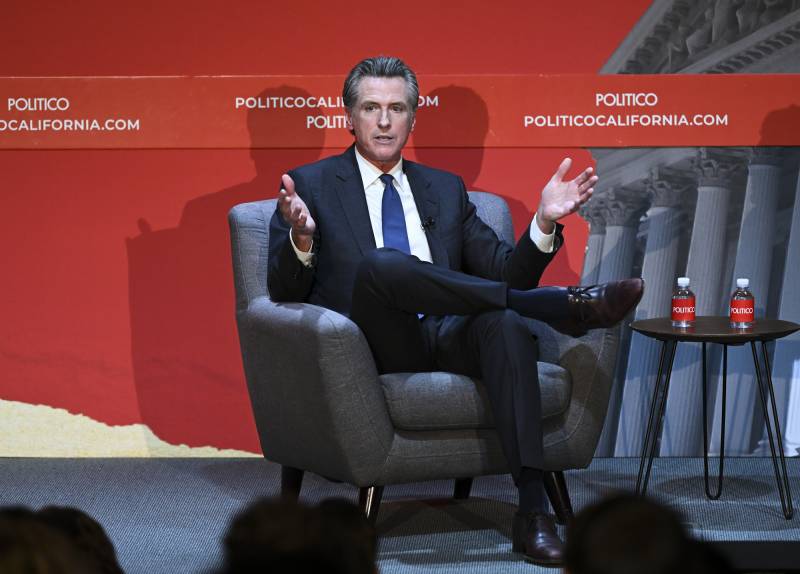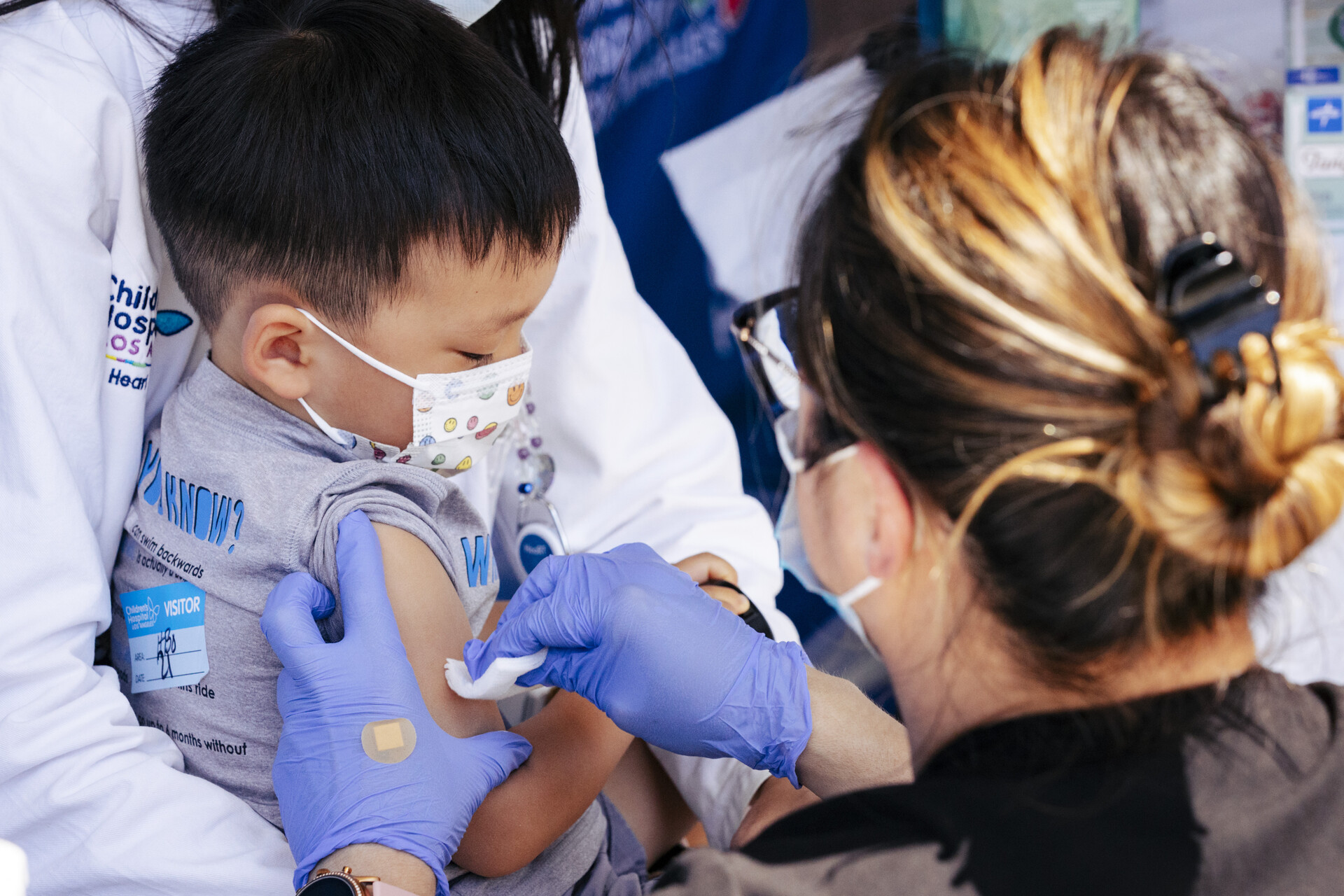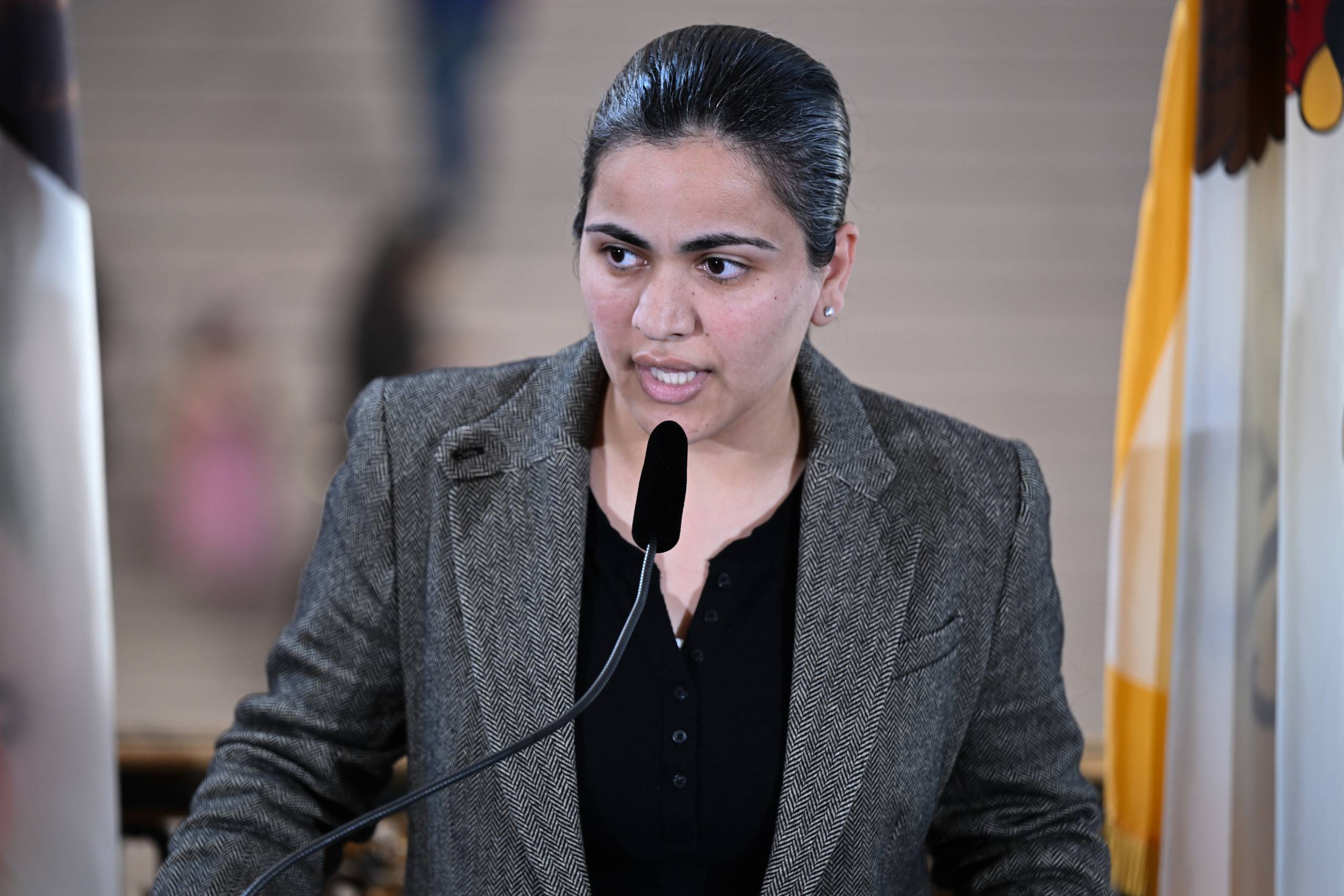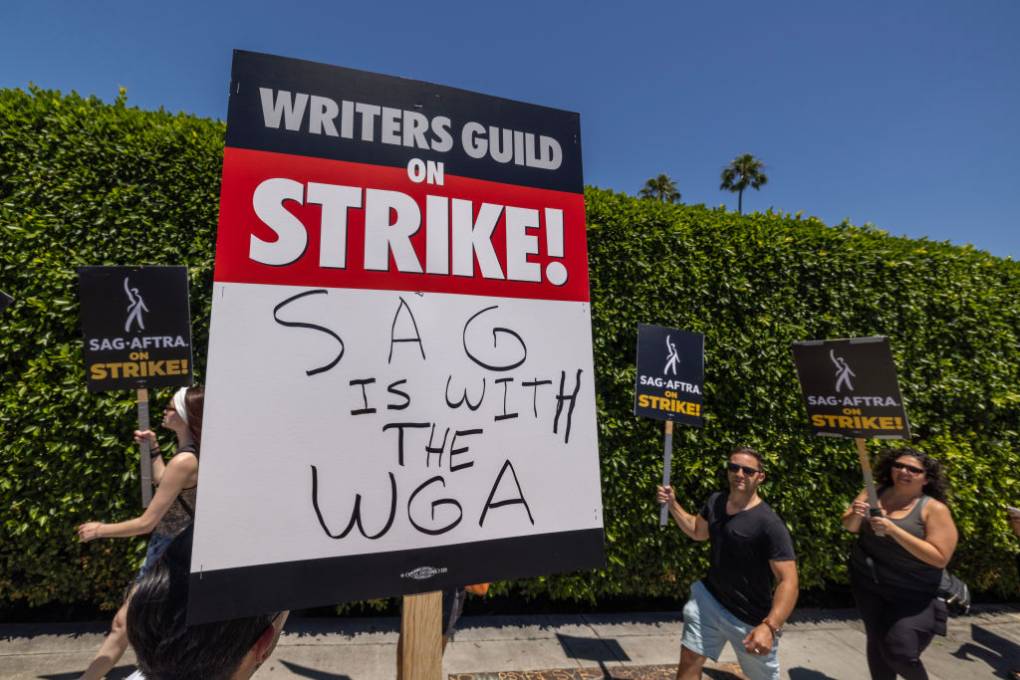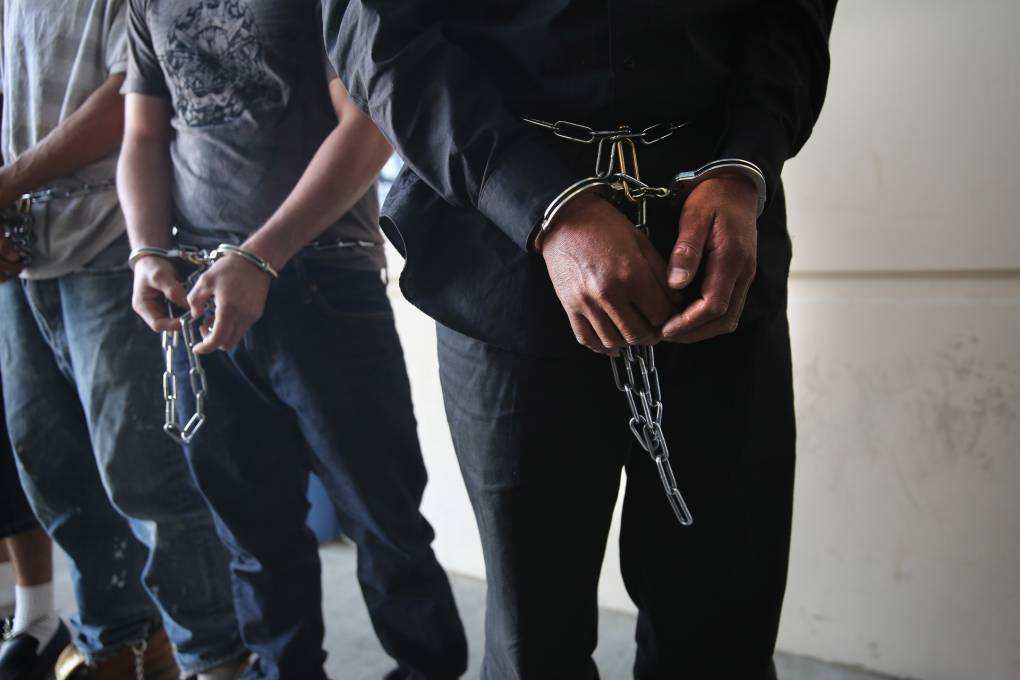Updated 1:41 p.m. Tuesday
This is the time of year when Californians learn which bills their governor has decided to take forward to become state law — and which will be rejected in the process known as vetoing.
Governor Gavin Newsom vetoed several bills in September, with two specifically about labor concerns that have been in heated discussion in California. And Newsom has hundreds of more bills to look over by October 14, either to sign them in or veto them.
More bills were vetoed by the governor on October 7, including a bill that would have banned discrimination on grounds of caste, and one that would have decriminalized the possession and use of psychedelic substances for those over the age of 21.
If a bill is vetoed by a governor, it goes back to the state Legislature where it needs a two-thirds vote in both chambers to override the veto. However, it has been decades since that has happened in California.
Keep reading for an overview of some of the most notable vetoes Newsom has made so far, starting with his latest. You can follow a complete list of Newsom’s vetoes on the state’s website under “Governor Newsom Legislative Updates,” which includes a variety of topics such as hazing in schools, providing broadband access and a cap on campaign finances.
A bill that would have required more mental health training for school staff
When did this veto happen? October 13
Who does this affect? School staff, students, parents
What’s the deeper dive? State Senator Anthony Portantino (D-Burbank) introduced this bill to address the growing mental health crisis among young Californians. SB 509 would have mandated youth behavioral health training for all certified staff and for 40 percent of classified employees who interact with students.
In his veto message, Newsom said he had concerns with aspects of the bill, including the scope of the training and the “the lack of an appropriate mechanism to fund the bill via the Gun Violence Prevention and School Safety Fund.” He referred to the Department of Finance to propose new language – meaning there is a chance for the bill in January’s state budget proposal.
A bill that would have prevented counties from taking foster kids’ money
When did this veto happen? October 8
Who does this affect? Foster children or people once in the foster care system
What’s the deeper dive? After an investigation by criminal justice outlet The Marshall Project and NPR, states like Arizona, New Mexico and Oregon have been cracking down on agencies who have been taking benefits from foster children’s Social Security checks. California’s AB 1512 would have prevented counties from using those benefits to pay for the cost of foster care, instead of going to the children directly.
Newsom, however, said changing this reimbursement practice would cost the state too much.
“…This bill creates implementation challenges that should be considered as part of the annual budget process,” he wrote in his veto message. “Both Supplemental Security Income (SSI) and foster care benefits are intended to provide for the daily care and supervision of youth, including costs for housing and food. If counties are not permitted to use SSI to cover the cost of providing care to foster youth, the General Fund will need to offset those costs.”
A bill that would have allowed cannabis cafes in California
When did this veto happen? October 8
Who does this affect? Businesses, people who use cannabis recreationally
